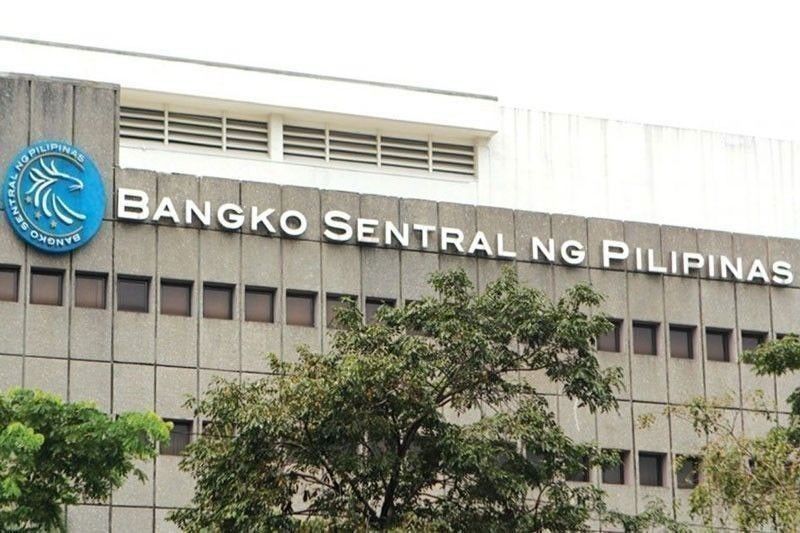BSP sees no emerging risks in Philippine banking system

MANILA, Philippines — The Bangko Sentral ng Pilipinas (BSP) yesterday assured the public that the Philippine banking system remains sound and well-capitalized, with no emerging risks seen to pose problems in the industry going forward.
BSP Governor Benjamin Diokno said the central bank remains proactive in monitoring the health of the financial system to determine if there are threats that are emerging.
“We get this report on the industry and I think it’s a good idea to look at the micro or the granular data. And so far, we don’t see any emerging problem moving forward,” Diokno said.
According to the BSP chief, the banking community remains “sound and well-capitalized” even amid the coronavirus crisis owing to the reforms implemented by the central bank. These, he said, were a result of the lessons learned by the BSP during the 1997 Asian financial crisis.
“(The banking industry’s) capital adequacy ratio hovers at around 15 to 16 percent. That is much higher than the BSP prescribed 10 percent, and even higher than the internationally prescribed eight percent,” Diokno said.
Moreover, he said the non-performing loan (NPL) ratio of banks remains manageable and significantly lower than the peak of 17 to 18 percent during the Asian Financial Crisis.
In November last year, the gross NPL ratio of banks rose to a seven-year high of 3.81 percent from 3.72 percent in October 2020 and 2.19 percent in November 2019.
Diokno said the passage of the Financial Institutions Strategic Transfer (FIST) would enable banks to significantly reduce their non-performing loans.
“The FIST Act is just a fallback position in case of a worsening of the situation, but we don’t see any situation worsening at this time. I think even without the FIST bill, the banking industry can handle the current crisis,” he said.
Meanwhile, Diokno said the country’s gross international reserve (GIR) would also remain robust, as it was expected to reach $110 billion this year, and $120 billion next year.
These figures are equivalent to almost one year’s worth of import requirement, he said.
“This is a major departure from the previous crisis when we had to scramble and look for the dollars to pay for our foreign debt,” he said.
According to Diokno, the BSP was one of the earliest to respond to the health crisis, cutting interest rates as early as February.
In total, the BSP reduced interest rates by 200 basis points last year, and cut the reserve requirement ratio (RRR) of banks also by 200 basis points.
These, along with other measures it implemented, enabled the central bank to release P2 trillion (10 percent of GDP) into the financial system, and helped calm the market amid uncertainties brought about the COVID-19, Diokno said.
“I think there’s a consensus that we have done well and that will carry us on to this year and next year. Hopefully by middle of next year, we’ll be back to where we were before in 2019,” he said.
Responding to comments that the BSP may have acted too early, Diokno said, “You can never be exact or perfect on the timing but it’s better to err on being ahead of the curve rather than behind the curve. It’s never too early at this time because the pandemic is not yet over.”
- Latest
- Trending






























